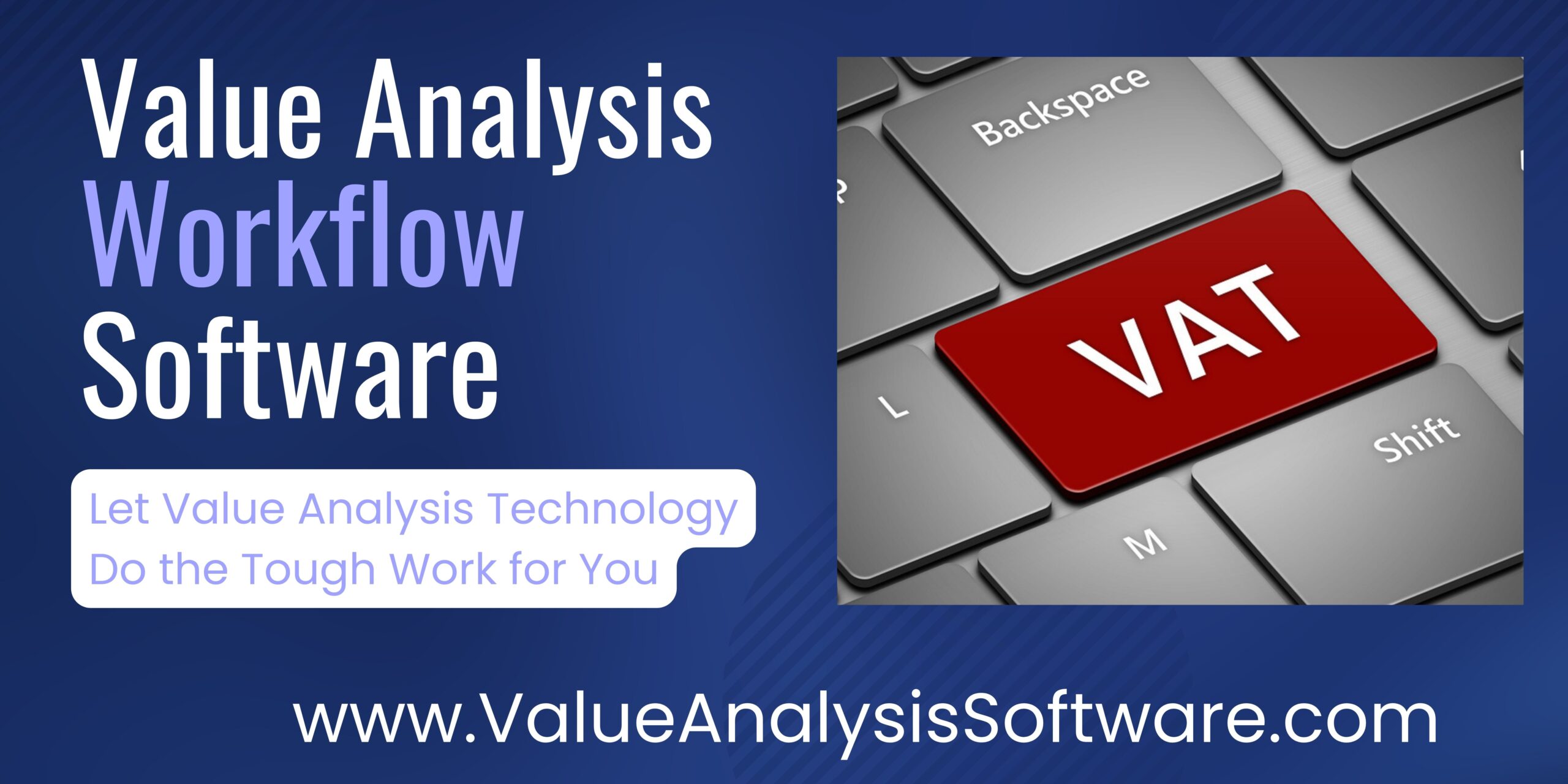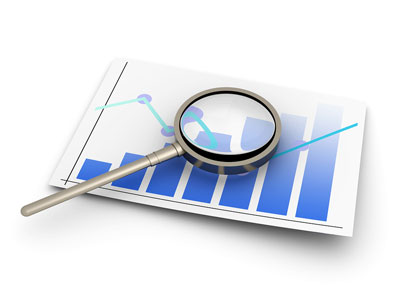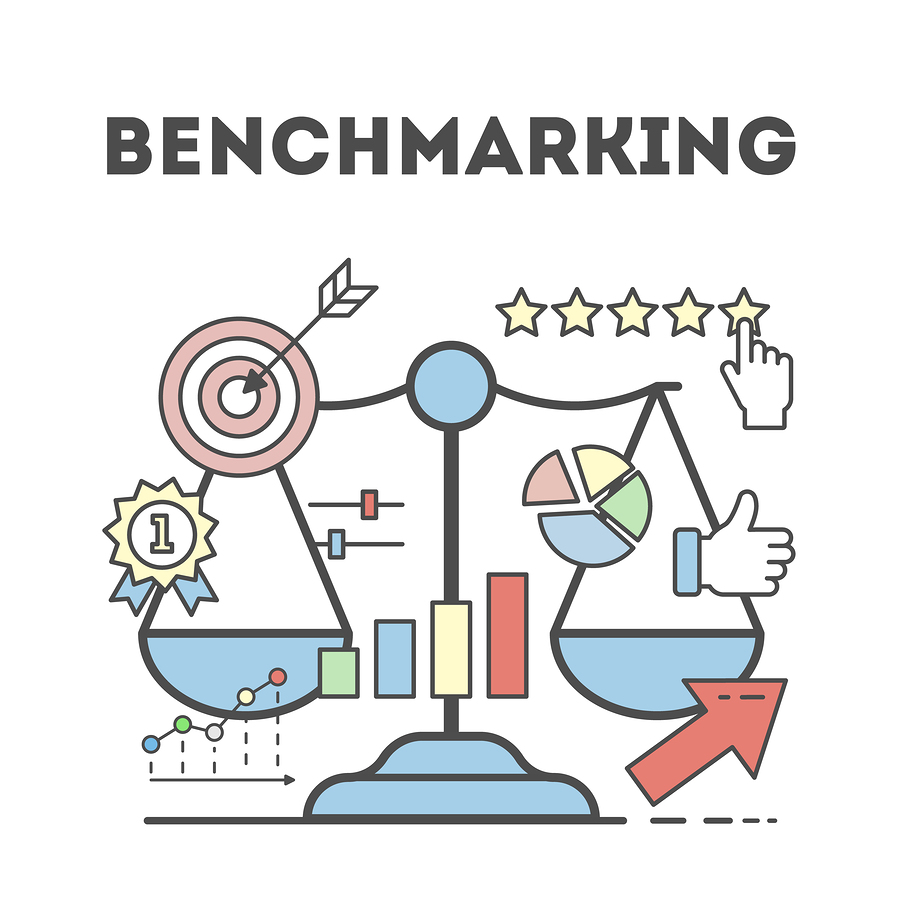Robert W. Yokl
When I first entered the value analysis world 24 years ago, I thought I was at a huge disadvantage by not being a nurse or a clinician. It was a feeling of going to another country and not speaking the language; I did not speak clinical. Mentally, this was very disenchanting but I thought I would get better or learn enough from clinicians on our staff to be serviceable at best. With this mindset there was always a level of angst I felt when I knew I was going into a value analysis meeting or adhoc meeting to discuss clinical aspects of medical/surgical products.
In my early days of VA, I came out of value analysis committee meetings feeling discouraged after getting shot down by clinicians or physicians with ambiguous answers like, “We don’t like it,” and many more non-specific answers. The clinician or physician was often able to redirect the value analysis study or challenge the validity of the study altogether which inevitably brought the study to a screeching halt with no results. In my debriefing from these meetings with my father and CEO, Robert T. Yokl, he always told me to keep asking more questions. He said that he learned early on not to accept vague answers like, “We don’t like it,” or, “It doesn’t feel right.” He would encourage me to ask better questions that would result in a solid value analysis conclusion. An answer like, “We don’t like the angle of the grip on the surgical instrument,” is something that a VA Practitioner can work with.
I quickly realized that the knowledge and know-how was already inside the hospitals and systems that I was working with. The years of experience was sitting right in front of me in the clinicians that I was working with on the hospital value analysis teams and committees. The aggregate experience on every team far exceeded 150 to 200 years of experience. My goal was to bring out the right answers and conclusions by being able to ask good questions of these clinical and non-clinical professionals.
From there on, I became a student of questioning techniques. I learned how to position value analysis and utilization studies with better questioning and amazingly it started working! I was not getting thrown off course or having studies halted/stalled prematurely. Evidence could then be thoroughly discussed and I found that I did not have to worry as much about being a non-clinician as my strengths were in asking good questions of the internal experts, stakeholders, and customers inside and outside (vendors) my hospital clients’ organizations. Over the years, I improved my skills and started to appreciate the “Barbara Walters” interviewing technique as she is the master of questioning and always leaves one wondering how she was able to make celebrities cry – great questioning!
In this age of searching for better data, better evidence, or better analytics, one of the true areas where we can make exceptional change happen is with asking great questions. It will help you gain insight into all of the products, services, and technologies, as well as how they are procured, inventoried, and utilized. Questioning is one of the less thought about areas in VA, yet one of the most important aspects and tools that won’t cost us a dime but can be worth its weight in gold if you master questioning techniques.





